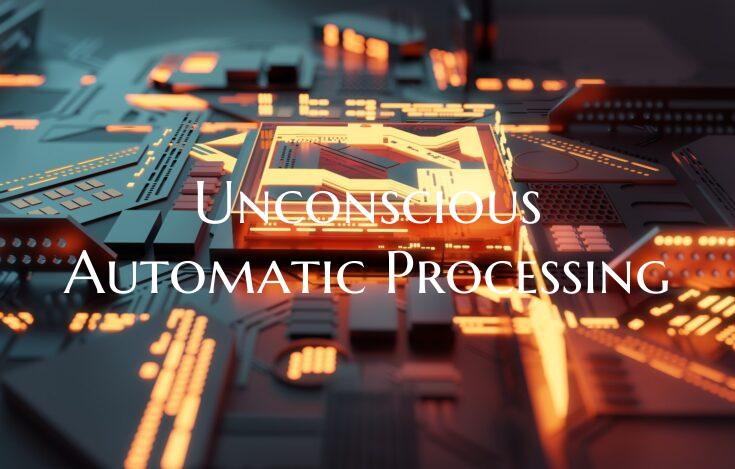Unconscious Automatic Processing
Unconscious automatic processing refers to the mental activities that occur without deliberate awareness or control. These processes are fast, efficient, and can influence our thoughts, behaviors, and emotions without us even realizing it. Understanding unconscious automatic processing is important because it shapes many aspects of our daily lives and decision-making.
One common example of unconscious automatic processing is driving a car. Once we learn how to drive, the actions become automatic, and we can navigate the streets without having to consciously think about every little detail. This automaticity allows us to focus on other tasks or have conversations while driving. It also explains how we can sometimes arrive at a destination without remembering the specifics of the journey.
Another example is social perception. We quickly and unconsciously form impressions of others based on minimal information, such as facial expressions or body language. These snap judgments can influence how we interact with individuals, sometimes leading to biases or stereotypes that we may not be aware of.
Research in psychology suggests that unconscious automatic processing is driven by cognitive shortcuts or heuristics that help us make decisions quickly. While these shortcuts are useful in saving time and mental effort, they can also lead to errors in judgment and decision-making.
It is important to be mindful of unconscious automatic processing and its potential impact on our thoughts, feelings, and behaviors. By increasing awareness of these processes, we can strive to make more deliberate and informed choices in various aspects of our lives.

